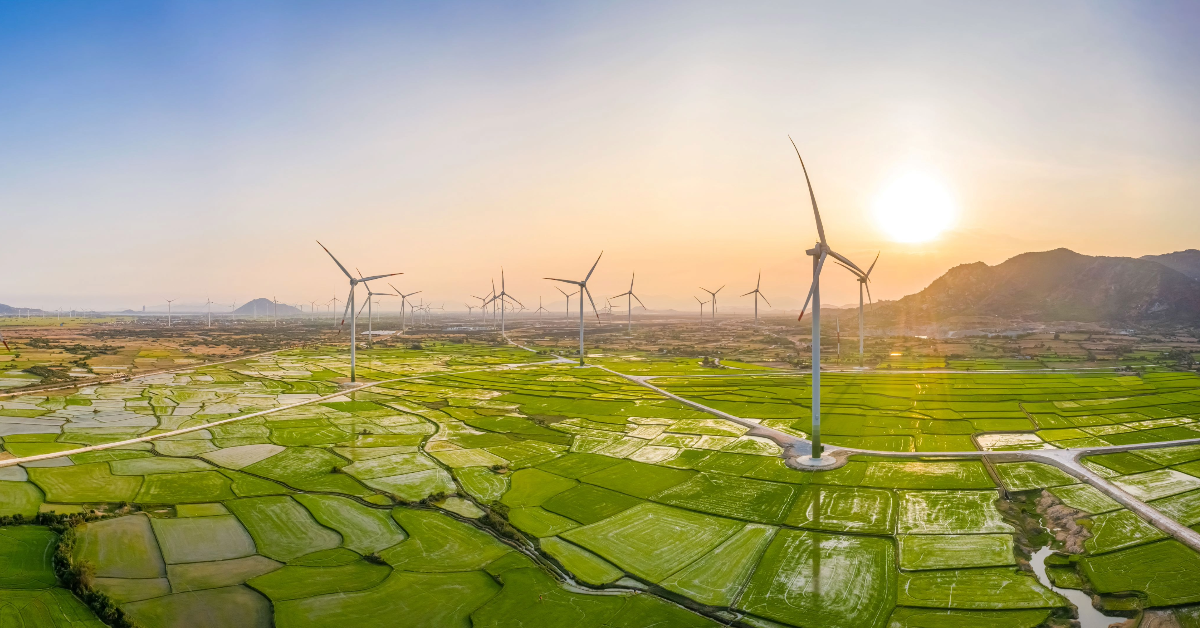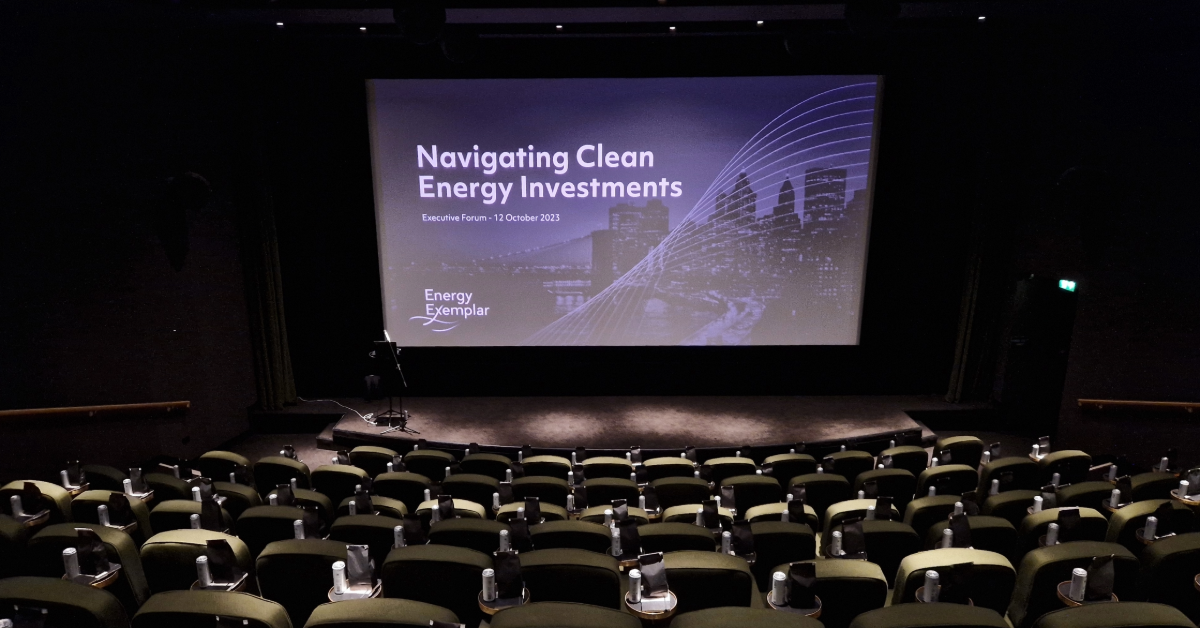Real-time demand-side energy management with IoT and energy analytics
Industrial and commercial energy users are becoming increasingly aware of the importance of managing their energy usage due to multiple factors, such...
2 min read
Hengky Tay
:
September 10, 2023

On July 26, Vietnam issued the National Energy Master Plan (NEMP) for 2021-2030, with a vision to 2050, which broadly aims to ensure national energy security while meeting net-zero goals by 2050.
Within the plan, energy demand is projected to increase in line with economic growth at an average of 7% per year for now until 2030, and at 6.5-7.5% per year from 2031 to 2050. To ensure a self-sufficient energy industry with reliable supply that exceeds demand estimates, emphasis has been placed on the development of the country’s oil and gas, coal and renewables sectors.
The NEMP aims for an initial ramp-up of gas and coal supplies, but a gradual reduction of these fuel sources and a transition towards renewables by 2050 supports Vietnam’s commitment to reduce carbon emissions.
One of the key targets of the NEMP is to expediate the development of the Block B and Ca Voi Xanh gas field projects which are expected to be commissioned by 2030. The aim of these projects is to provide 5.5 – 15 bcm of domestic natural gas production per year by 2030 and to raise output to 10-15 bcm per year by 2050.
The plan also supports the development of LNG import infrastructures with the aim of increasing the LNG import capacity to between 15.7 and 18.2 bcm by 2030 and then reducing LNG imports to 10.6 -12.2 bcm by 2050.
The NEMP sets a target for domestic coal production to reach 41-47 million mt per year by 2030, before a gradual decrease to 39 million mt per year by 2045 and to 33 million mt per year by 2050.
The plan also aims to ramp up coal imports to reach 73 million mt by 2030, peaking at 85 million mt in 2035, before dropping to 50 million mt in 2045. Coal imports are expected to cease by 2050.
The share of renewables, (including wind, solar and hydro), for Vietnam’s total energy consumption is targeted to make up 15-20% by 2030 and at 80-85% by 2025. For electricity generation, the share of renewables will increase to 30.9-39.2% by 2030, or potentially up to 47% should there be sufficient funding from the Just Energy Transition Partnership (JETP) agreement. The renewables proportion is expected to grow to 67.5-71.5% by 2050.
Green hydrogen production is targeted at 100,00-200,00 mt per year by 2030 and significantly ramps up to 10-20 million mt per year by 2050. The NEMP also aims for Carbon Capture, Usage and Storage (CCUS) capacity within industrial and power plants to reach 1 million mt per year by 2040 and 3-6 million mt per year by 2050.
The integration of multiple energy resources, including renewables, could put great pressure on the country’s electricity sector. The ability to forecast and balance the demand and generation capacity of these energy sources will be vital in the development of an efficient power system that can ensure stable supply at reasonable costs. Regulations in the energy sector, although having its benefits, can also present challenges for market participants looking to adhere and remain profitable at the same time.
PLEXOS® is the most robust market simulation software that helps plan for the evolving energy market landscape with nuanced models that can be co-optimized across various energy sectors including gas, coal, renewables and electricity. PLEXOS allows users to forecast and analyse the impact of changes in policy, production, capacity, demand and new build alternatives on market distribution and prices.

Industrial and commercial energy users are becoming increasingly aware of the importance of managing their energy usage due to multiple factors, such...

1 min read
On Thursday, 12 October 2023, Energy Exemplar welcomed 55 senior energy decision-makers to our very first invite-only Executive Forum. ‘Navigating...

Adapt2 provides an automated approach to managing clean energy initiatives at Community Choice Aggregators.